Are you feeling cold all the time? You might be surprised to learn that this problem is more common than you think. A lot of people complain of feeling a persistent chill.
Although it's a condition more commonly observed in women, many people find themselves shivering even if they're swathed in layers of clothing. Feeling cold is a symptom that can indicate many different causes. Sometimes, it is accompanied by other health problems, such as fatigue and low energy levels.
If you find yourself frequently reaching for the thermostat and wondering ‘Why am I so cold?’ you may very well have cold intolerance. And while feeling a tad chilly is nothing to worry about, especially for women, it is still something worth checking with your doctor about if it persists. In some instances, being constantly cold can be a sign of a serious health problem and proper diagnosis is required to find the cause.
What Is Cold Intolerance?
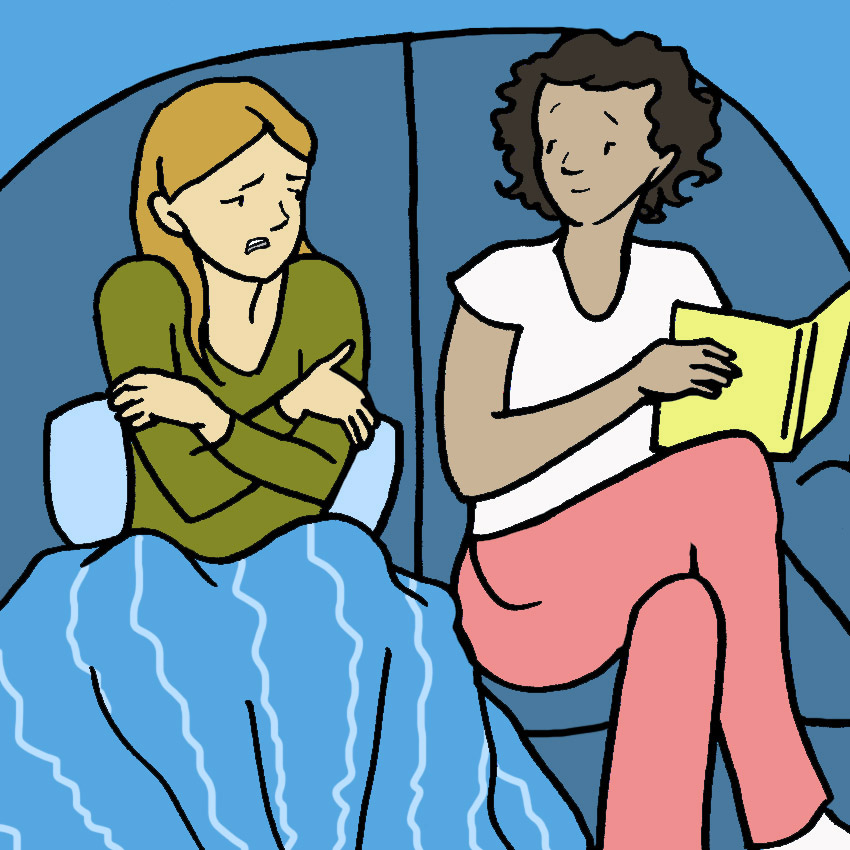
Although most people are sensitive to the cold, there are extreme cases of cold intolerance. This means you feel the feeling of chilliness stronger than usual, and this causes significant discomfort or even pain. This abnormal sensitivity to cold weather will have you complaining of cold when others around you are comfortable or even warm. To make matters worse, adding extra layers of clothing may not relieve it. It’s also possible to experience sensitivity to cold in certain parts of your body, such as your hands and feet.
Why Am I Always Cold?
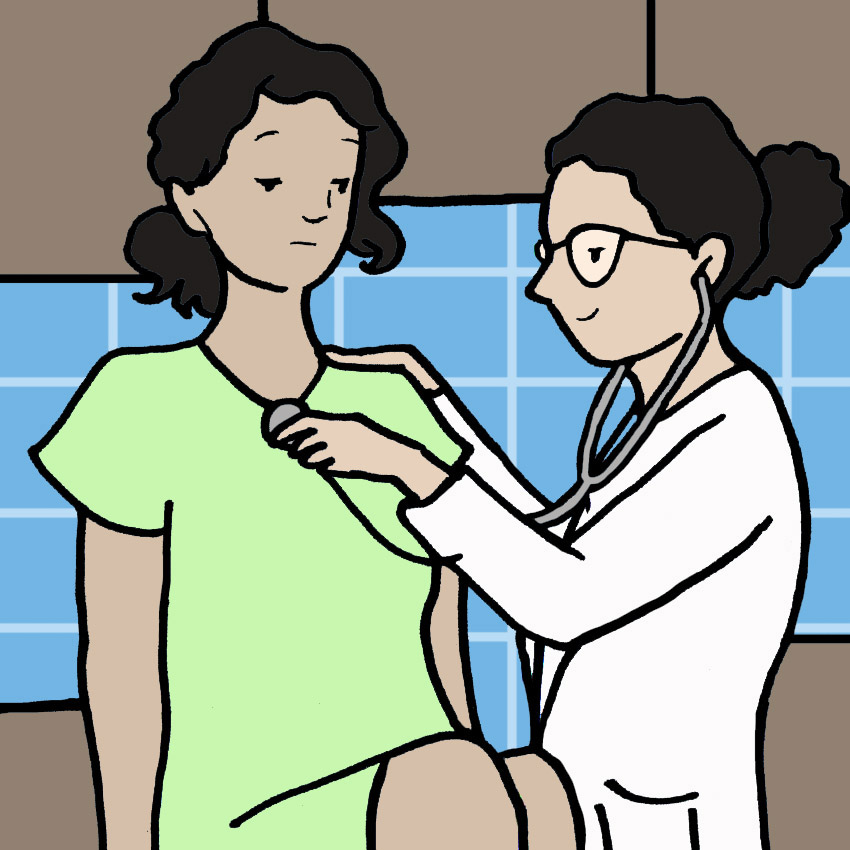
If you're feeling cold often, this may be an indication of a more serious health problem. The first thing you need to do is schedule an appointment with a doctor for an evaluation if the problem persists. Treatment will depend on diagnosis.
Cold intolerance could be due to poor overall health or more specific problems like low body weight, which is defined by the CDC as a BMI of 18.5 or under. Low body weight can make you feel a chill for a couple of reasons. Chiefly, when you're underweight, you lack an adequate level of body fat to insulate your body from cold temperatures.
Here are a few more common health conditions that can cause you to feel cold all the time.
1. Anemia
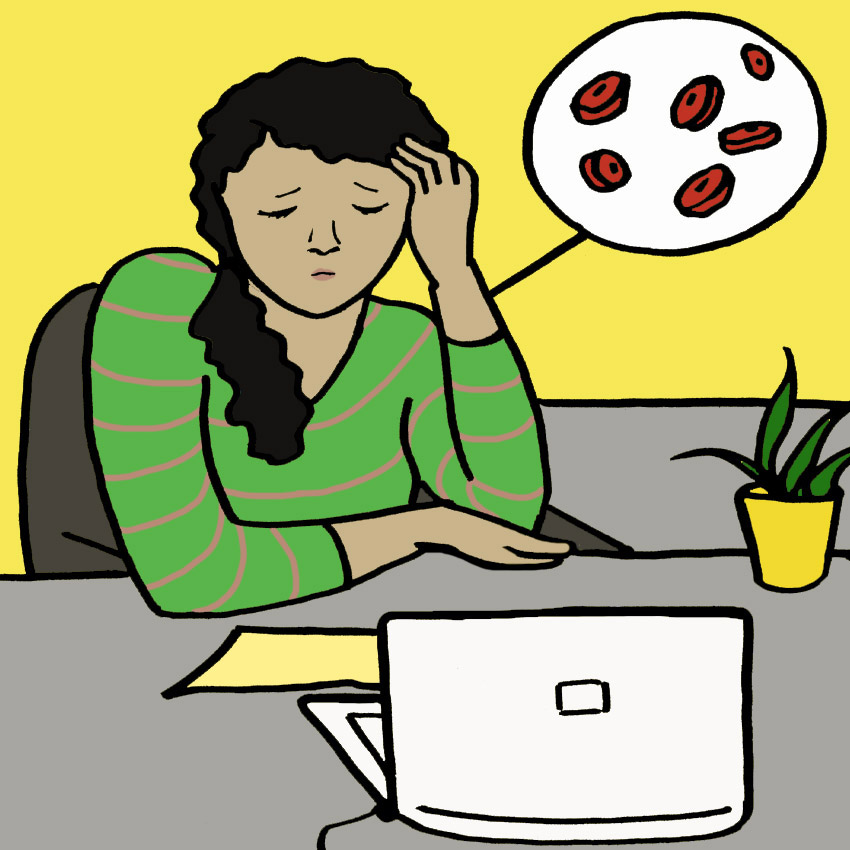
Why Does Anemia Make Me Feel Cold?
Anemia is a blood disorder that affects the count of your red blood cells. As key components of blood, their job is to carry oxygen through the bloodstream to all vital organs and cells. The red blood cells are able to perform this function because of a compound called hemoglobin, which helps bind to oxygen temporarily. A key component of hemoglobin is iron. A lack of iron in the diet or through excessive blood loss can cause a condition known as iron deficiency anemia.
What Are The Symptoms Of Anemia?
The most common symptoms of anemia are dizziness, shortness of breath, weakness, palpitations, fatigue, and fainting. Hypotension and pallor (or pale skin) are also possible symptoms. Depending on the type of the condition that is causing anemia (B12 or iron deficiency, etc.) many other symptoms can be observed.
2. Raynaud’s Syndrome
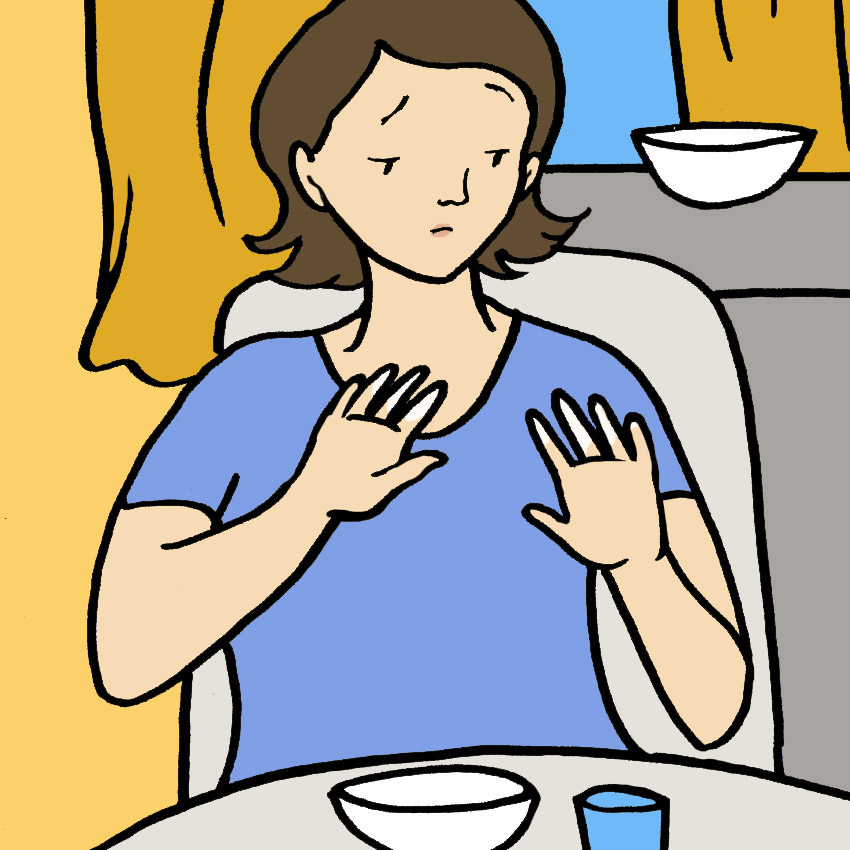
Why Does Raynaud’s Syndrome Make Me Feel Cold?
Raynaud’s syndrome is a condition that affects the arteries — the vessels that carry blood away from your heart to your organs and extremities. When exposed to cold, people suffering from the condition experience what is known as vasospasm, where the arteries constrict, reducing blood flow to the extremities.
What Are The Symptoms Of Raynaud’s Syndrome?
Most people with Raynaud’s syndrome report that they are always cold and have difficulty warming up. As blood flow is cut off to the affected parts of the body — such as fingers and toes, ears, nose, lips, and even, quite unpleasantly, the nipples — the skin turns white or blue. The more painful sensation occurs as blood flow returns, and the extremities turn red. This can be accompanied by a burning sensation.
3. Hypothyroidism
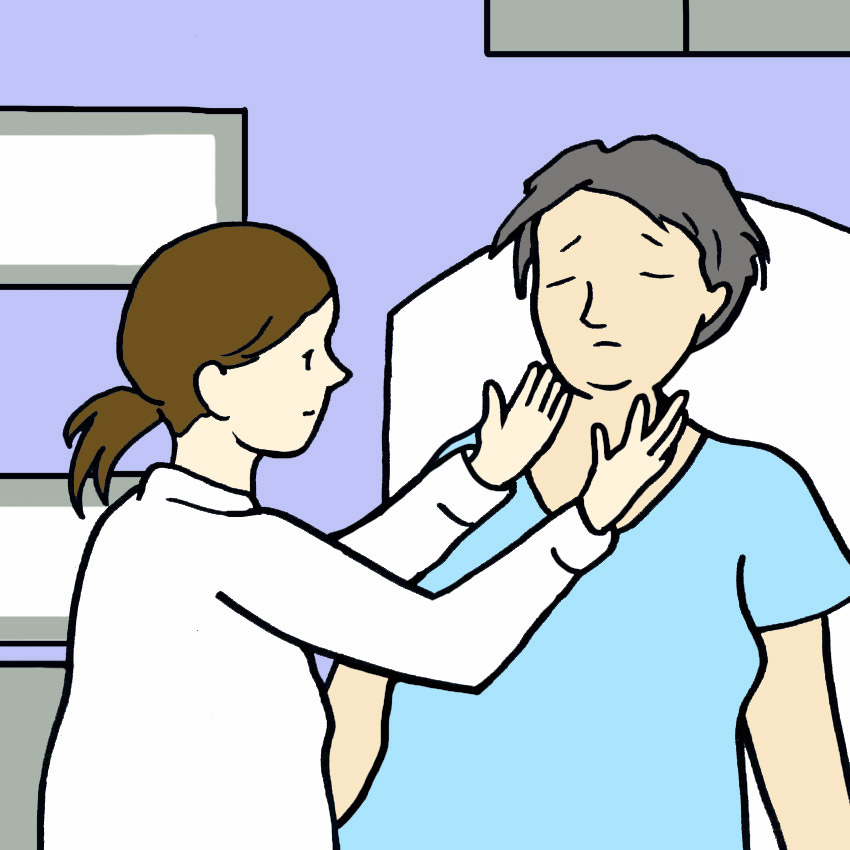
Why Does Hypothyroidism Make Me Feel Cold?
Hypothyroidism is the result of your thyroid gland not secreting enough thyroid hormone. It is necessary for regulating all metabolic processes. Without it, your metabolism slows. This prevents your body's engine from producing adequate heat.
What Are The Symptoms Of Hypothyroidism?
Apart from fatigue, constipation, weight gain, and the feeling of always being cold, other signs of hypothyroidism are thinning hair and dry skin. A blood test is necessary to diagnose it, and it is more common in people over age 50.
4. Low Blood Pressure
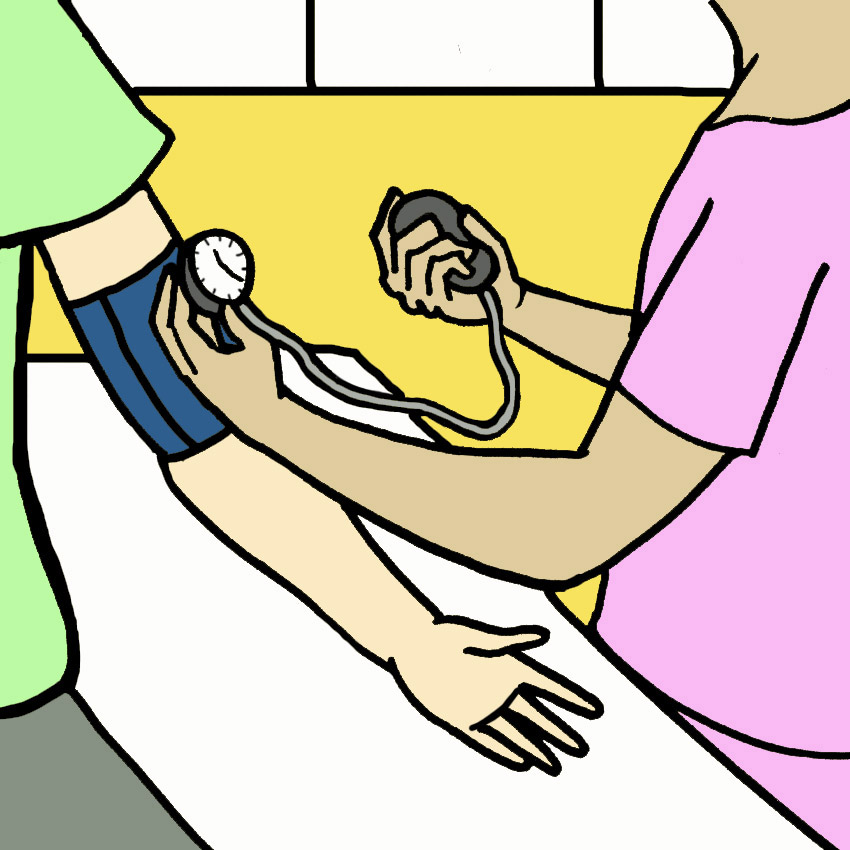
Why Does Low Blood Pressure Make Me Feel Cold?
Hypotension, or low blood pressure, is a condition where your blood vessels shift blood away from your extremities and direct it toward the vital organs. This leaves you with fingers and toes that are always cold.
What Are The Symptoms Of Low Blood Pressure?
Symptoms of hypotension include dizziness, blurry vision, fatigue, nausea, weakness, and confusion. Low blood pressure can be caused by a number of reasons, including dehydration, blood loss, certain medications, circulation problems, and endocrine disorders.
5. Stress And Anxiety

Why Do Stress And Anxiety Make Me Feel Cold?
Feeling stressed, coupled with chronic sleep deprivation and anxiety, takes its toll on the body in a myriad of ways. As your strained body goes into ‘fight or flight’ mode and the adrenaline surges, your blood flow is redirected to your larger organs and not your extremities, leading to cold hands and feet.
What Are The Symptoms Of Stress And Anxiety?
When you find yourself constantly feeling fatigued after a restless night or waking up more tired than before you went to bed — these are signs that something is wrong. You will also notice that your metabolism is slowing down, and you’re generally taking longer to carry out your daily tasks.
Cold intolerance is a relatively common disorder, but it is necessary to expand your understanding of its possible causes. Simply layering up in clothes, asking yourself ‘Why are my hands and feet always cold?’ may be potentially putting your health at risk. Wearing warm layers and keeping those areas that are most sensitive covered up is only part of solving this problem. Be sure to seek out the advice of a doctor and get yourself tested to eliminate any other medical condition.
If you have found this information useful in finding out the reason why you’re feeling cold all the time, be sure to SHARE with everyone who could use a few of these tips!




